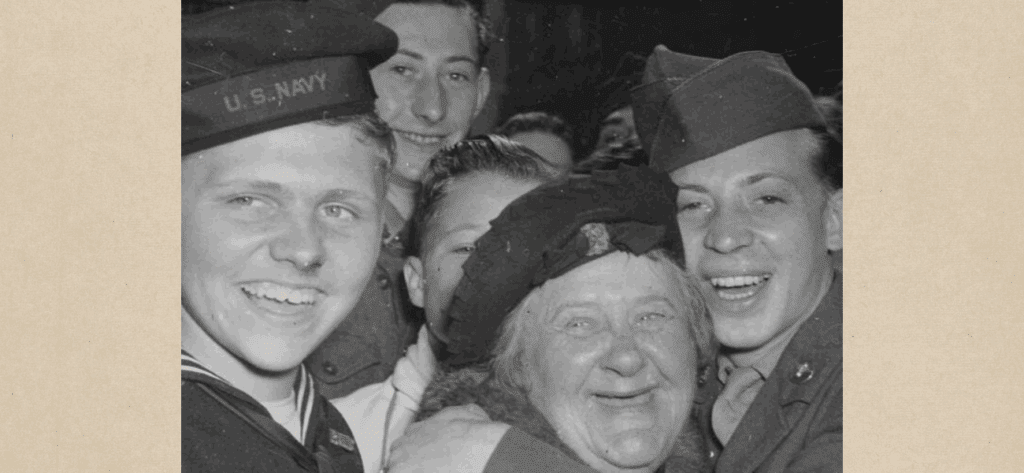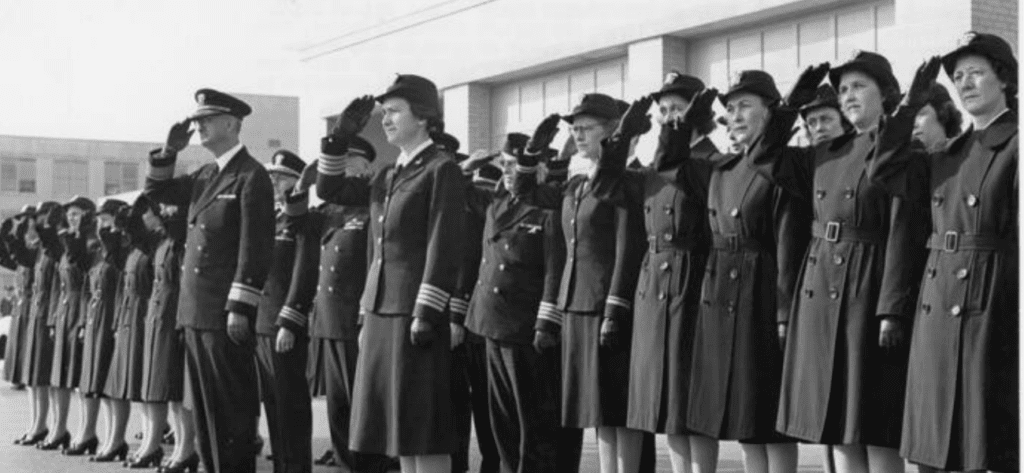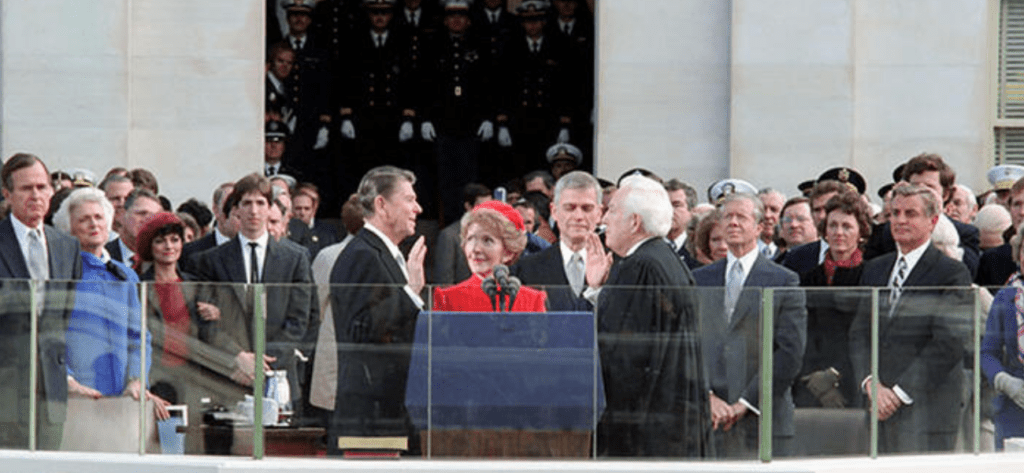Richard Nixon’s Resignation Letter and Gerald Ford’s Pardon
During the night of June 17, 1972, five burglars broke into the offices of the Democratic National Committee at the Watergate office complex in Washington, DC. Investigation into the break-in exposed a trail of abuses that led to the highest levels of the Nixon administration and ultimately to the President himself.
On the evening of August 8, 1974, President Nixon addressed the nation and announced his intention to resign. The next morning, White House Chief of Staff Alexander Haig presented this letter to President Nixon to sign. The President’s resignation letter is addressed to Secretary of State Henry Kissinger, who initialed it at 11:35 a.m.
On September 8, 1974, the new President, Gerald Ford, issued a full pardon to the former President for any offenses he “has committed or may have committed.” Even before President Nixon’s resignation, speculation had swirled around the possibility that the new President might pardon him, but at the time and later in his memoirs, President Ford strongly denied that there was any “deal” to trade a pardon for a Presidential resignation. In his televised address announcing the pardon, President Ford said that trying President Nixon would only further inflame political passions and prevent the country from moving forward. He also said that Nixon and his family had suffered enough, that he might not be able to receive a fair trial, and that a trial might prove inconclusive.
The resignation and pardon mark the conclusion of the events we know as Watergate. For two years, public revelations of wrongdoing inside the White House had convulsed the nation in a series of confrontations that pitted the President against the media, executive agencies, the Congress, and the Supreme Court. The Watergate affair was a national trauma—a constitutional crisis that tested and affirmed the rule of law.
These documents were on display in the “Featured Documents” exhibit in the Rotunda Galleries of the National Archives in Washington, DC, August 8 through August 11, 2014.
The National Archives Museum’s “Featured Documents” exhibit is made possible in part by the Foundation for the National Archives through the generous support of Toyota.
Download a high-resolution version of Nixon’s resignation letter and Ford’s pardon from the National Archives’ Online Public Access Database.




